The more laws the more offenders
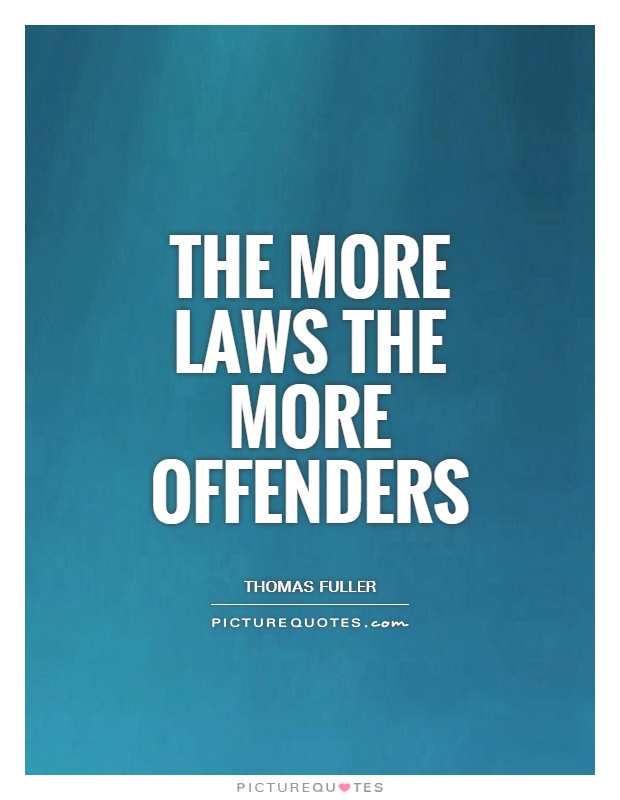
The more laws the more offenders
Thomas Fuller, a 17th-century English churchman and historian, famously said, "The more laws, the more offenders." This statement has stood the test of time and remains relevant in today's society. Fuller's words highlight the paradoxical nature of laws and regulations – while they are intended to maintain order and promote justice, they can also inadvertently create more opportunities for individuals to break the rules.One of the key reasons why the proliferation of laws can lead to an increase in offenders is the sheer complexity and volume of legislation. As laws become more numerous and intricate, it becomes increasingly difficult for individuals to fully understand and comply with all of them. This can result in unintentional violations of the law, as individuals may unknowingly run afoul of regulations that they were not even aware of. In this way, the more laws that are enacted, the more opportunities there are for individuals to inadvertently become offenders.
Furthermore, the enforcement of a large number of laws can also strain the resources of law enforcement agencies and the judicial system. With limited resources and manpower, authorities may struggle to effectively enforce all laws, leading to a situation where some offenses go unpunished. This can create a sense of impunity among potential offenders, as they may believe that they can get away with breaking the law due to the lack of enforcement.
Additionally, the proliferation of laws can also lead to a sense of disillusionment and resentment among the general population. When individuals perceive that there are too many laws and regulations governing their behavior, they may become more inclined to disregard or actively flout the law. This can create a vicious cycle where the more laws that are enacted, the more individuals may feel compelled to rebel against them.
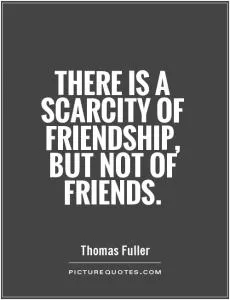


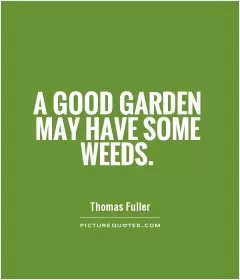
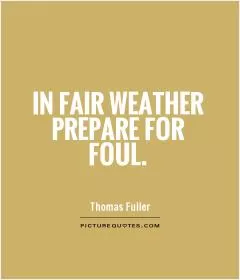
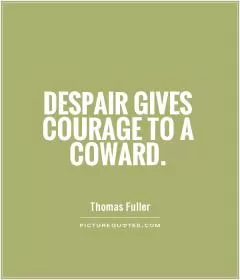

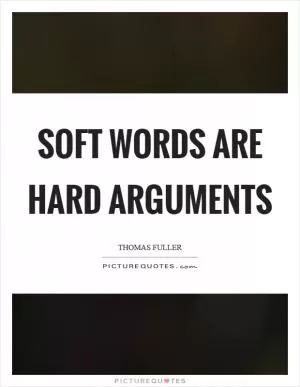
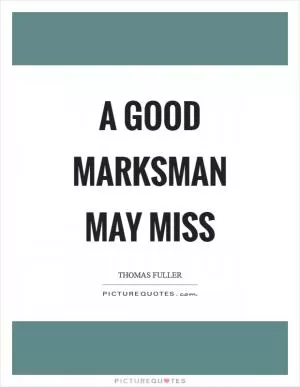



 Friendship Quotes
Friendship Quotes Love Quotes
Love Quotes Life Quotes
Life Quotes Funny Quotes
Funny Quotes Motivational Quotes
Motivational Quotes Inspirational Quotes
Inspirational Quotes